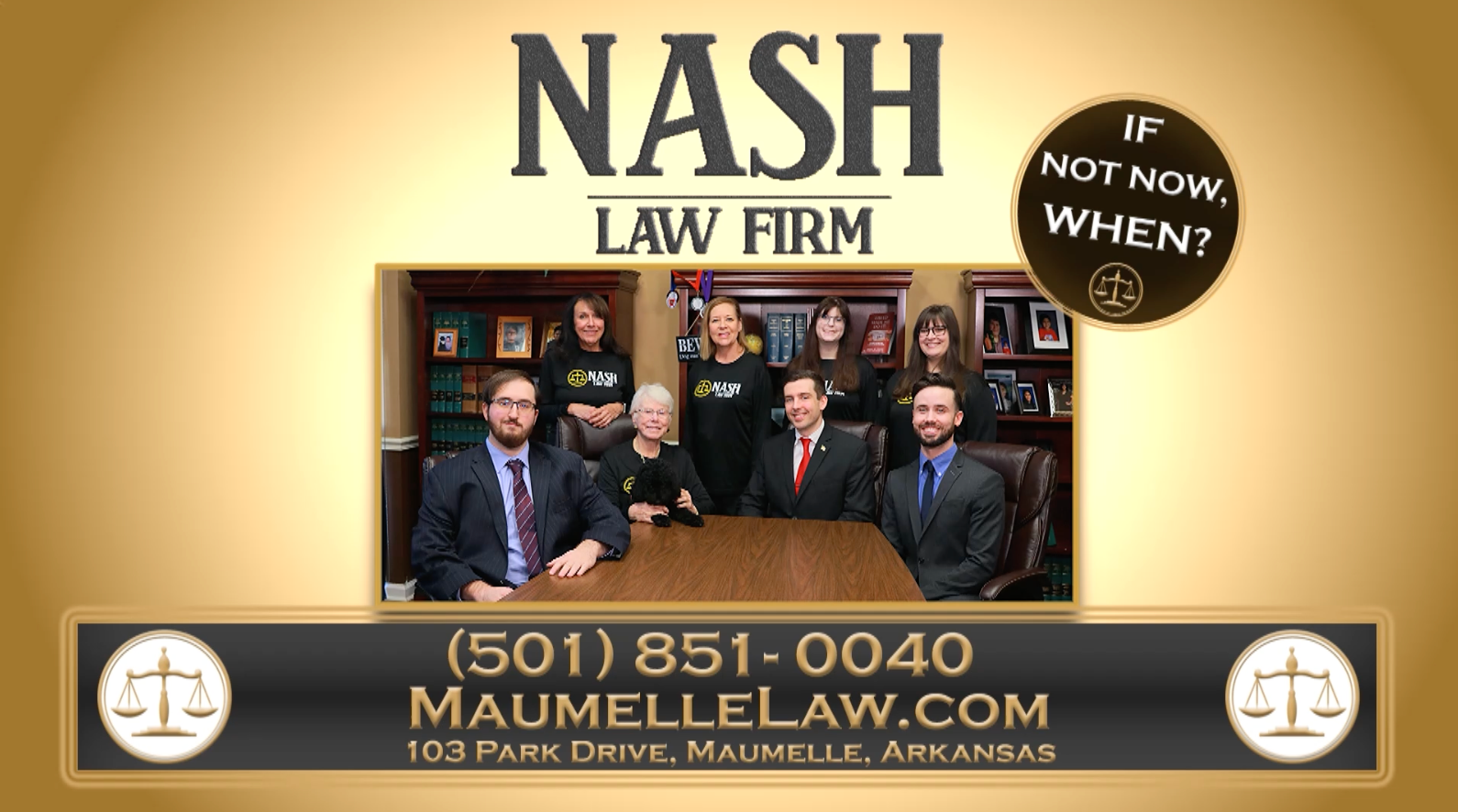Real Estate Red Flags
Kacey Ziegler specializes in Real Estate Law and has a few wise words for anyone considering signing a lease.

Many landlords start with a fill-in-the-blank lease. The template that they found online or from a friend may be a good starting point, but they are not always a good final lease. As an attorney with a real estate practice, I work with landlords and tenants to make sure that their interests are protected. I draft leases for a new landlord, re-drafting an old lease to make changes once a problem is found, or review leases with tenants before they sign. It is important that my clients are prepared for most scenarios and can sign with peace of mind.
Check the terms. One of my first clients was a tenant who leased a house for a year and wanted to terminate the lease early with minimum penalty. The lease allowed for the tenant to terminate the lease before the end of the twelve (12) months, but he would need to pay three-months of rent as a penalty. A quick review of the lease showed that the term only showed one month instead of one year! The landlord wrote the dates down wrong. This mistake allowed my client to get out of the lease with no penalty because he was operating on a month-to-month lease and not a full year.
Read the lease. I met with a landlord to discuss a tenant who had fallen behind on her rent. The first thing I did was review the lease for the eviction clause. The landlord had used the same lease for years and somewhere along the way, the section on evictions was cut short leaving an incomplete sentence and a grey area on how the lease could be enforced. While the law provides guidance, it is better to have it specified in the lease.
Keep it simple. While it is important to have the lease be as specific as possible, do not make it so complicated that neither the landlord nor the tenant know how to enforce it. A landlord came to me with this exact problem. A tenant was not paying rent. When the landlord was ready to evict, the lease had three pages of eviction provisions, some of which conflicted with the other, so he did not know where to start. I redrafted the entire lease to keep those provisions that worked for him, clarify the parts that were unclear, and remove sections that did not apply to him. However, the lease should not be so simple that it is vague, unless intentional, or leaves out key terms. Shorter does not mean better.
Protect from liability. Even for those landlords who only have one rental property or employ property management companies, it is important that they protect themselves from liability in case an occupant suffers damages. This starts with verifying that they are carrying a sufficient amount of insurance. An added layer of protection from individual liability is the formation of a Limited Liability Company (LLC), which will protect the landlord’s individual assets in most cases.
Kacey Ziegler is an Associate Attorney with the Nash Law Firm of Maumelle. Kacey’s practice focuses primarily on estate planning, real estate, and small business. Kacey joined the firm after serving as the Chief Investigator for the Arkansas Fair Housing Commission and over six years of experience with Lenders’ Title Company.
Kacey serves on the Board of Directors of the Arkansas Hospice Foundation and Maumelle Area Chamber of Commerce. She is a member of Junior League of Little Rock and is the current chair of its Nonprofit Center Committee.









![Nash Law Firm Logo [click to return home] Nash Law Firm](https://lirp.cdn-website.com/8c4d5b2c/dms3rep/multi/opt/nashlogo_colorgray_horz-1920w.png)


![Nash Law Firm Logo [click to return home] Nash Law Firm Logo](https://lirp.cdn-website.com/8c4d5b2c/dms3rep/multi/opt/nashlogo_whgold_horz-1920w.png)

